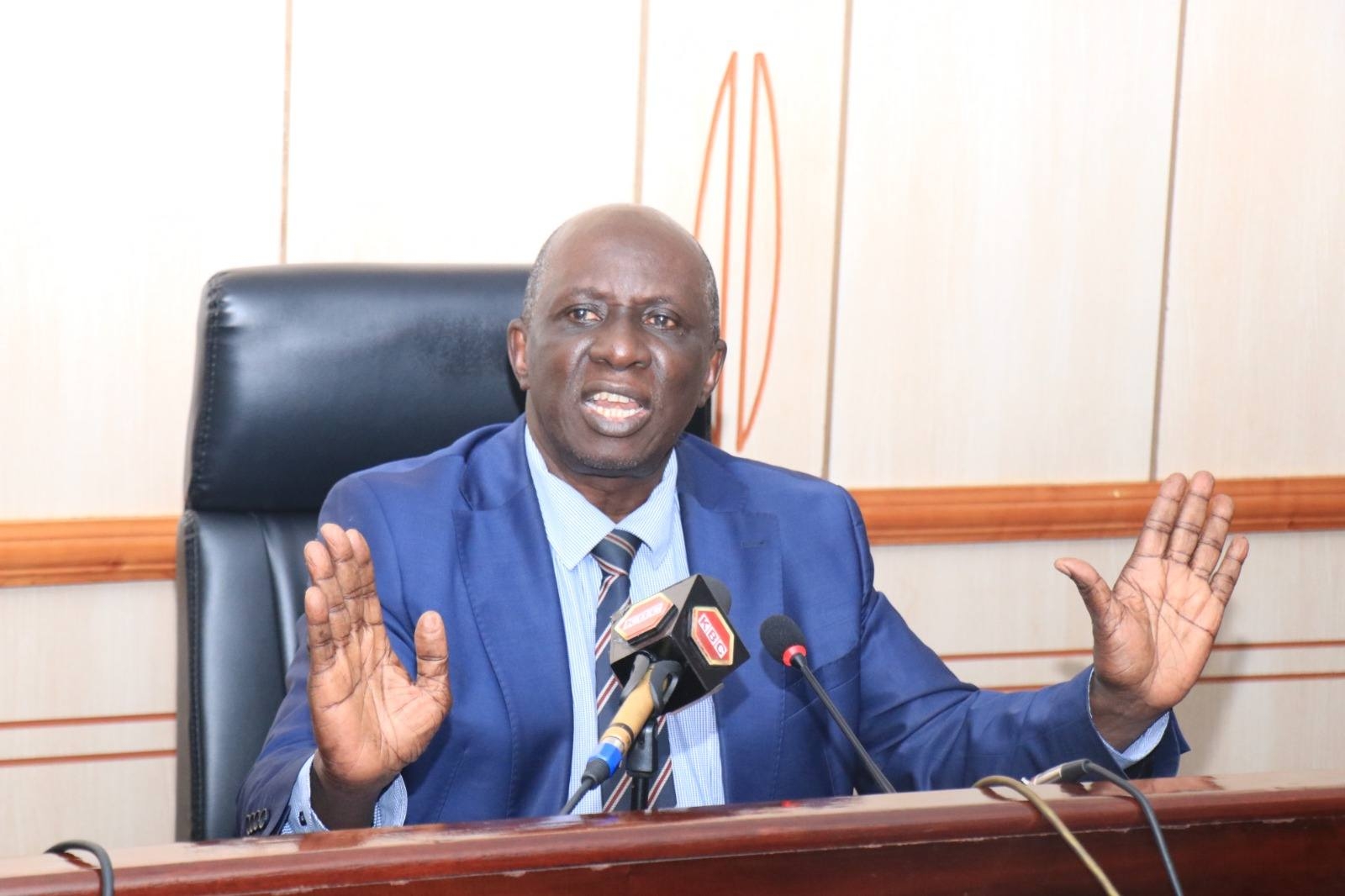Kenya stands a chance to reap big in the marine industry if measures and mechanisms are properly put in place to harness it.
Patrick Nntonja, Director of Fisheries & Marine Institute at Pioneer International University (PIC), Nairobi, said that it is an opportunity that can bring in a lot of money in terms of foreign exchange into the country’s economy.
Nntonja said that the move will transform the lives of many Kenyans who are jobless and have the necessary skills to tackle these jobs in the blue economy sector.
He made the remarks during the sensitisation forum on maritime opportunities at Sotik town on Friday.
The meeting was organised by Sotik MP Francis Sigei, who invited the university officials to talk to the young people on maritime opportunities.
In attendance were Sotik National Government Constituency Development Fund(NG-CDF) chairman Richard Kirui and constituency manager Patrick Tonui.
The don called on Kenyans to support President William Ruto’s clarion call in the quest to have many Kenyans become seafarers by making the Ministry of Blue Economy, Fisheries and Natural Resources a stand-alone ministry.
“The president is very passionate about how many Kenyans can go out there and make opportunities for themselves and for their families and that is the direction our country is taking,” Nntonja said.
He said that 70 per cent of the world is covered by water and there are some underexploited opportunities, and that a lot more needs to be done to unlock the sector’s full potential.
“The opportunities have been hidden for some time but I am happy as the country we started making good inroads in the sector and forcefully commanded that the need for Kenyan workers and big companies operating there have now flooded the Kenyan market for the capabilities of people willing to work in sea,” said Nntonja.
He added the opportunities are now advantageous to young people who have trained in various fields and also those without training can attend short courses offered by PIC and other universities and get the necessary skills and secure well-paying jobs.
“As the growing demand for sea jobs is now on the rise, as the university, we want to make a difference in our training so that the skills they impart to the young people can be able to attract investors in the marine industry,” he said.
He added that they are focusing on jobs like engineers which are now marketable and pleases the investors who are currently looking for a workforce in the country.
Nntonja said that Kenya is losing Sh500 billion annually in terms of logistical issues and shipping handling.
He said that the country has the potential of getting up to Sh1 trillion every year through the marine and blue economy alone and to scale up investments in the sector.
“We have only supplied the industry with 12,000 seafarers in the last 10 years and that is little because last year, there were opportunities for 10,000 seafarers but we did not make it. Other markets in Europe and Asia are flocking to our market and we need to position ourselves to tap it,” he said.













